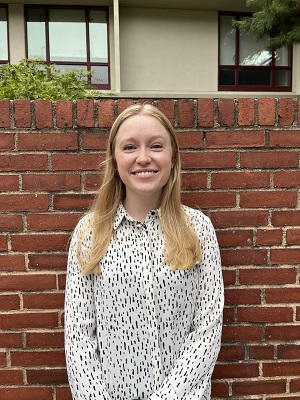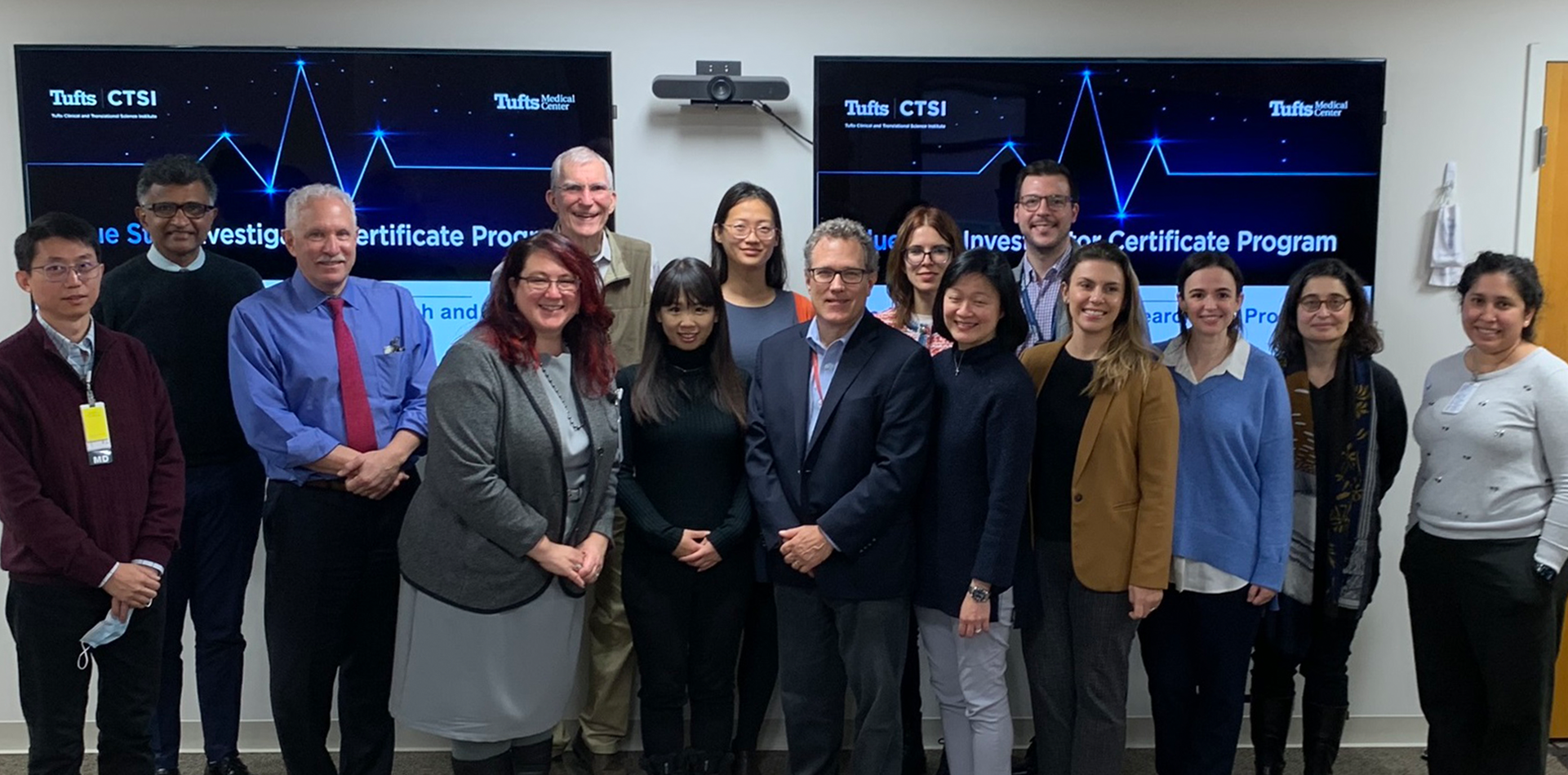When Mihaela Stefan, MD, MS first came to Baystate Medical Center in 2005 as a physician, conducting research was not part of her plan. Eight years later, she is a PhD candidate in the Clinical and Translational Science Program at the Tufts Graduate School of Biomedical Sciences and the 2013 recipient of the prestigious Lasagna Award for Translational Research.
Dr. Stefan’s journey to become a researcher began when, as an internist, she noticed a number of gaps in the evidence that informs clinical decision-making. Not knowing which interventions work best was affecting the care and outcomes of patients, particularly those with respiratory diseases. Sensing that research might be her career path, in 2008 she enrolled in the Clinical and Translational Science Certificate Program. After earning her certificate, she decided to pursue further research education. In 2010, she enrolled in the MS in Clinical and Translational Science Program and received a Tufts CTSI Career Development Award (KM1) in Comparative Effectiveness Research (CER).
For her thesis project, Dr. Stefan studied patients with both chronic obstructive pulmonary disease (COPD) and heart disease. She was concerned that these patients were not receiving beta-blockers due to their physicians’ belief that while beta blockers would help their heart conditions, they could make respiratory conditions worse. Beta blockers slow the heart and protect patients from having future heart attacks and other cardiac events.
“I decided to assess whether beta-blockers are safe,” says Dr. Stefan. “My goal was to give practitioners the evidence that beta-blockers do not worsen respiratory outcomes in patients with COPD and to also minimize the reluctance of physicians to give their patients this treatment.”
Using data from the Premier, Inc. Perspective database, she and her team conducted a retrospective cohort study of more than 35,000 patients at 404 acute care hospitals in the U.S. The patients were 40 years of age or older and had ischaemic heart disease (IHD), congestive heart failure (CHF), or hypertension and were hospitalized for the sudden worsening of their COPD symptoms. Dr. Stefan’s results suggest that it was safe for these patients to use beta-blockers during their COPD-related hospital stay. The study results were published in Thorax in 2012, and Dr. Stefan submitted the article for the Lasagna Award for the strongest paper in translational research in the previous 12-month period. Naomi Rosenberg, PhD, Dean of the Graduate School, presented her with the award in May 2013.
“Having the recognition of the paper is fantastic,” Dr. Stefan says. “Getting the award from the university where I formed as a researcher was the most rewarding experience for me.”
She continues, “My training at Tufts prepared me to apply for external K01 funding,” which she recently learned she’d received. The award will allow her to continue working toward her goal of improving outcomes for respiratory patients while pursuing her PhD. This new study will compare the effectiveness of invasive and
non-invasive ventilation techniques in patients hospitalized with acute respiratory failure.
Dr. Stefan attributes much of her success to her experience at Tufts, especially her Baystate mentor, Peter K. Lindenauer, MD, MSc, and her Tufts mentor David M. Kent, MD, MSc, Director of the Clinical and Translational Graduate Program.
“I really value and appreciate all the support I’ve received from Tufts, CTSI, and my mentors,” she says. “I hope the hospitals affiliated with Tufts and practitioners interested in research will take advantage of Tufts CTSI resources and the CTS Graduate Program.”



